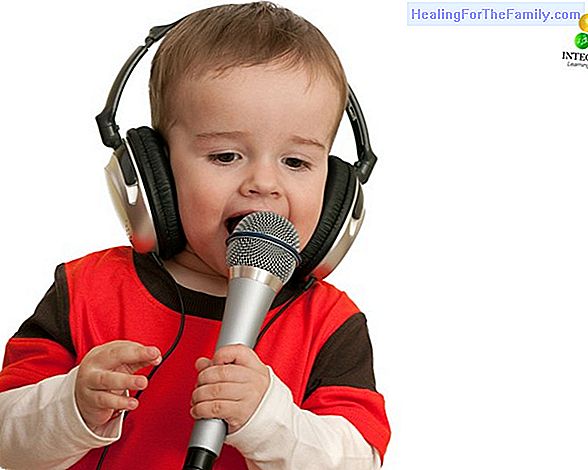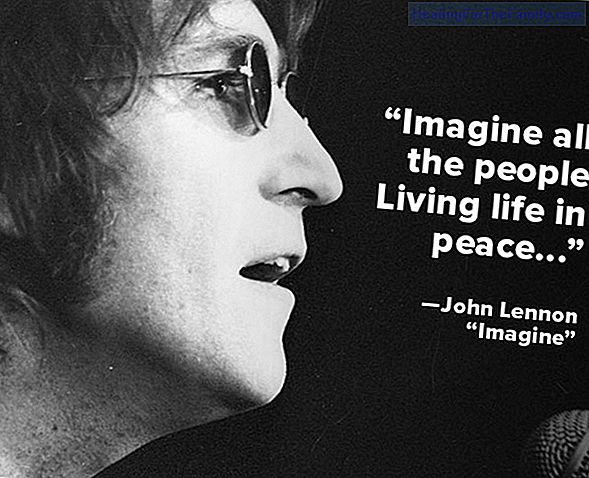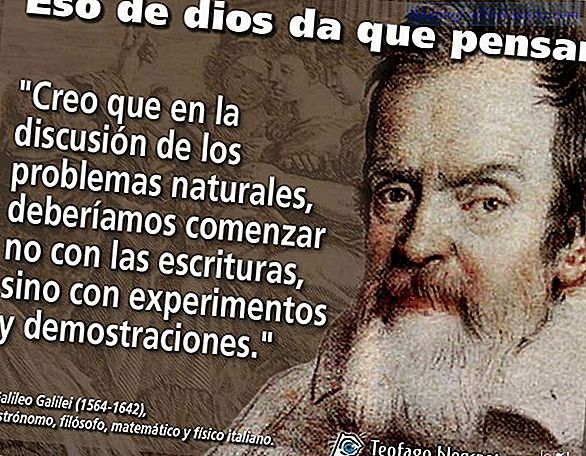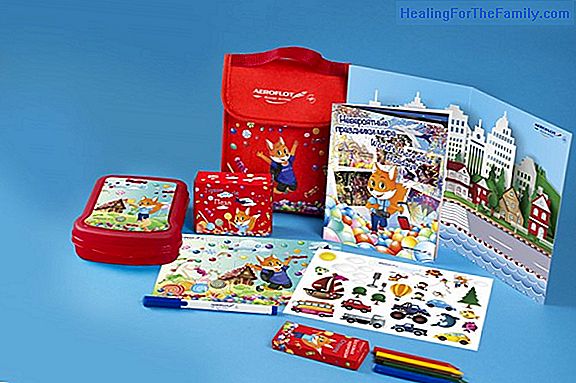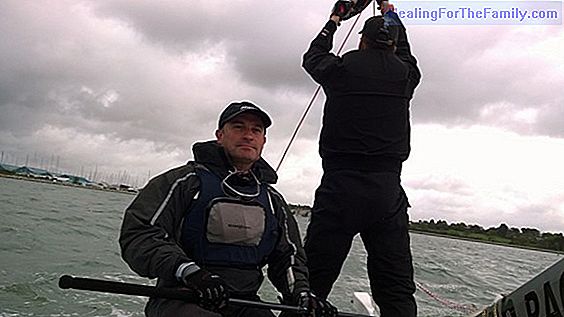How babies learn
Intelligence is the way in which problems are solved from past experiences, since the baby has few experiences, can not be said to be intelligent; instead he is eager to learn, have a brain with ten billion neurons and the potential needed to acquire a high level of intelligence . Babies learn const
Intelligence is the way in which problems are solved from past experiences, since the baby has few experiences, can not be said to be intelligent; instead he is eager to learn, have a brain with ten billion neurons and the potential needed to acquire a high level of intelligence.
Babies learn constantly, that learning is stored. As your body becomes more resistant, your brain becomes aware, so that when you are able to walk and explore the world around you, the brain already contains the bases to store knowledge. He does not have many experiences saved since it takes several years to accumulate but little by little he creates experiences that help him get rich and learn to face the world.
The learning and stimulation of the baby from birth
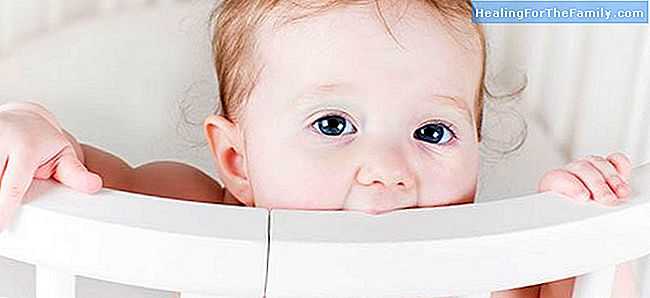
Having a good start, a childhood full of rich and varied experiences always helps. Since the baby is born, it has a range of sensory abilities: hearing, touch, vision, smell, hearing and balance. All of them provide different sensations. Your body is still developing slowly es and is unable to carry out everything you want, this does not mean that your experiences lack value, you just do not know how to react to them. The brain of a child is much busier than that of an adult
. The neurons absorb all the information that seems useful, to organize this information, the neurons have to communicate with each other. This process is done through the 'synapse'.The brain of the newborn contains about 2,500 synapses linked to each of the ten billion neurons, in the case of a child of 2 years, this figure increases to 15,000 synapses per neuron more than those produced in the brain of an adult, (for that reason it is spoken of the neuronal plasticity in the first years). The reason that an adult has many less is that many of these connections are lost, the most used are reinforced and the less used are weakened and disappear.
The first years babies and children absorb everything, but later when they grow up, the brain selects the information. In addition to the genetic factors the environment influences a lot, it must be rich and varied. The more conversations, music, emotion, sensory integration, mental stimulation and physical activity; more possibilities will be to become an animated, sensitive, intelligent, responsible adult ... The more you play and explore baby in your day to day, the more likely you are to be a creative and imaginative adult.
Babies need to explore and learn through play. From the first days, when the baby is lying in the cradle observed the roof, is aware of the shapes, shadows and sounds that surround him. His ears are sensitive to tolerate abrupt noises, instead he enjoys pleasant music, which gives him the necessary experience to distinguish rhythms and sounds. When an adult hugs him, pampers him, swings him in the air, the baby gets sensations of touch and balance.

